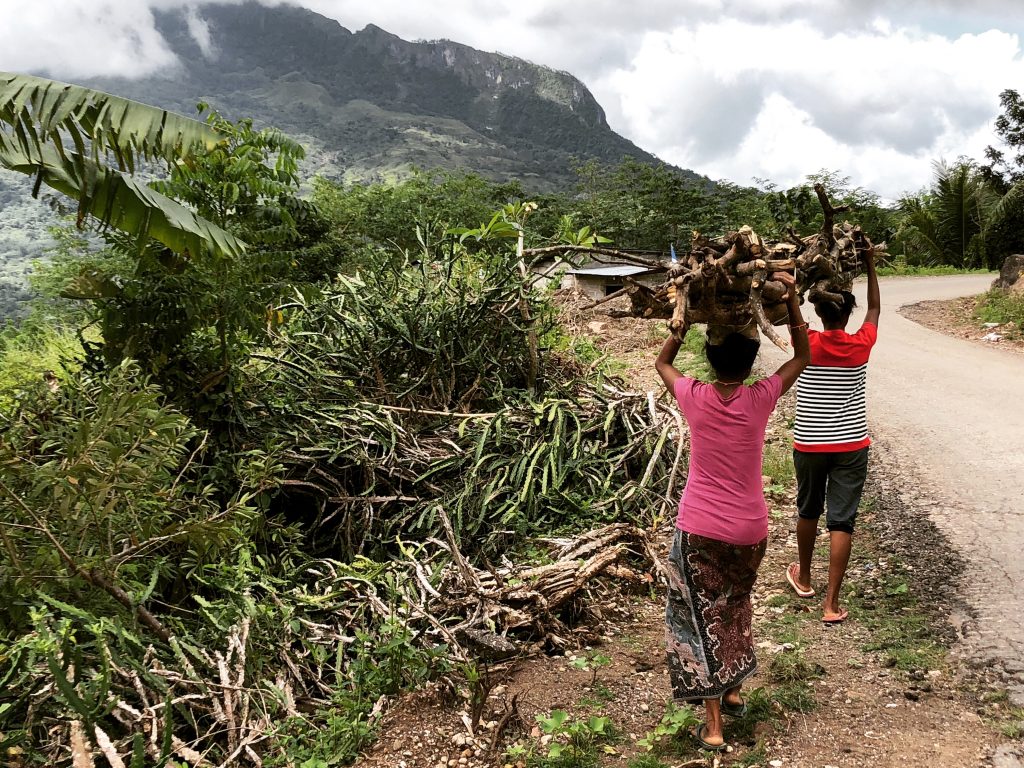
Inclusive development entails the consideration of women, persons with disabilities, children, LGBTQIA+, and other minority groups as both receivers of and contributors to development projects. It necessitates the identification and tackling of barriers that hinder their access to and participation in such projects. Extensive global evidence, including research conducted in Timor-Leste, supports the notion that road development and improved road connectivity yield economic, social, and service access benefits that positively impact women, persons with disabilities, and other marginalized groups. It is acknowledged that these groups have a distinct need for safe, affordable, accessible, and reliable transportation options.
In Timor-Leste, the reconstruction and expansion of critical infrastructure are prioritized in the Government’s Strategic Development Plan (2011-2030). However, despite recognizing the significance of gender equality and social inclusion in infrastructure development, the reality is that the sector is still predominantly male-dominated and does not adequately consider the unique needs and concerns of women, persons with disabilities, LGBTQIA+ individuals, and other marginalized groups. These groups are underrepresented in the infrastructure workforce and decision-making processes, including planning and design. Consequently, infrastructure often fails to address the diverse needs, challenges, and concerns faced by these individuals when accessing or using the road network.
This research aims to intensively investigate the needs and challenges faced by women, persons with disabilities, and LGBTQIA+ individuals when participating in and accessing sub-national road networks in Timor-Leste. The participation, decision-making, and accessibility of women, persons with disabilities, and other marginalized groups in rural infrastructure development are influenced by various factors: individual, family, policy, economy, and social aspects. To explore the interaction and relationships among these factors, this research will employ a qualitative and exploratory approach. In doing so, the research team will delve deeply into the realities of women, persons with disabilities, and LGBTIQA+ individuals, and their accessibility to work and the use of sub-national roads.
The research is expected for completion in 2023.